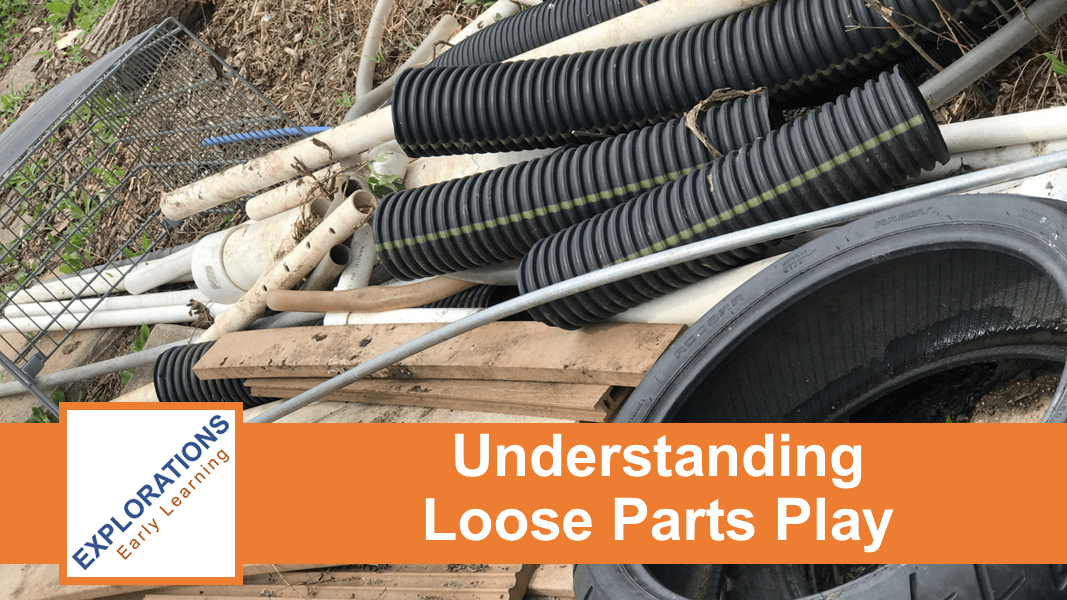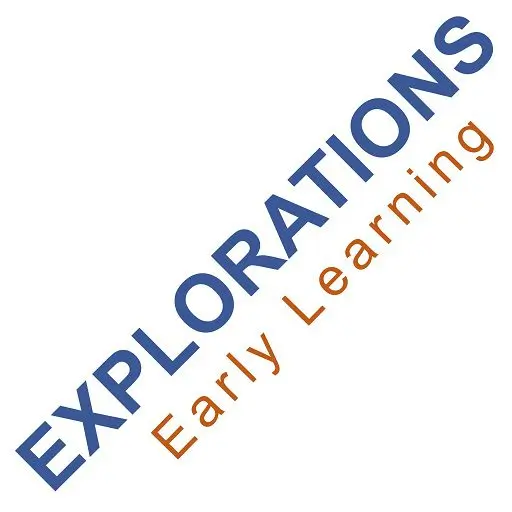
Description
This session starts with a look at Simon Nicholson’s definition of loose parts and how the term covers so much more than pine cones and shells. After defining loose parts, we dig into things like sourcing loose parts, supporting loose parts play, the learning that happens during loose parts play, and how to explain loose parts to parents and others who may not grasp their value.
Outcomes / Goals
Attendees will:
- Understand the definition of loose parts
- Understand how children learn with loose parts
- Understand how to support loose parts play
Competency Area
- Alabama | Learning Experiences And Enrichment / Child Development
- Illinois | Curriculum Or Program Design
- Michigan | Teaching And Learning
- Missouri | Use A Broad Repertoire Of Teaching Skills And Strategies For Learning
- Nebraska | Planning Learning Experiences And Curriculum
- Oklahoma | Learning Environments And Curriculum
- South Dakota | Learning Environments
- Wisconsin | Learning Experiences, Strategies, And Curriculum
- CDA | Advancing Children’s Physical And Intellectual Development
Clock Hours
Available in 60 and 90-minute formats
Agenda
This is the breakdown for the 60-minute version of the session:
| Topic | Time | Activity |
|---|---|---|
| Introduction | 05 minutes | Monologue |
| Defining Loose Parts | 10 minutes | Discussion |
| Supporting Loose Parts Play | 30 minutes | Discussion |
| Loose Parts Learning | 10 minutes | Discussion |
| Conclusion | 05 minutes | Monologue |
Related Resources
This session is based in part on content from these sources (affiliate link):
- The Theory Of Loose Parts
- Let Them Play
- Let’s Play
- Let’s All Play
Content Level
Beginner / Beginner / Intermediate
Age Group Focus
- Toddlers (12 months to 36 months)
- Preschool (36 months to 5 years)
- School Age (5 years to 12 years)
- Adults
Target Audience
- Family Child Care Providers
- Child Care Center Teachers
- Child Care Center Directors
- Head Start Teachers
- Head Start Administrators
- Early Head Start Teachers
- Service Coordination Staff
- Technical Assistance Specialists
- Home Visitors
- Parents
